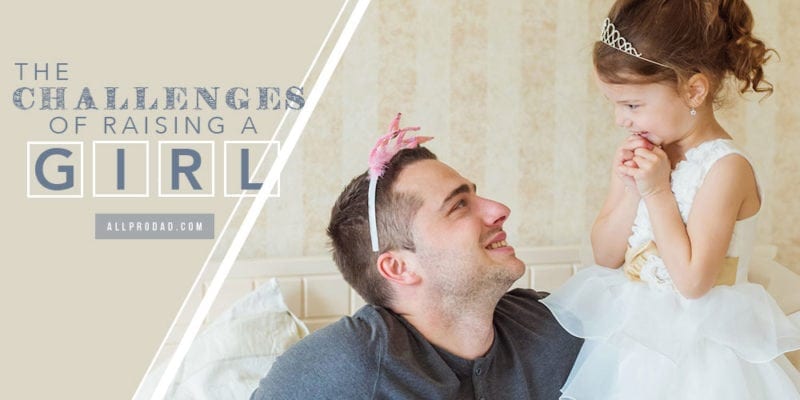I cannot express how thankful I am to live in the age of modern medicine. When reading about medieval medical practices, I came to a solid conclusion. If I had lived during that time, with all of the injuries I have sustained, I would have died young. Some medieval medical interventions sound absolutely horrifying. Before general anesthesia existed, surgeons would put their patients into a deep sleep by having them drink a crude and dangerous concoction called Dwale. Its ingredients included three spoonfuls of hemlock juice—the juice from a toxic plant that alone can cause death. Driven by the wrong information or lies, doctors made decisions that ultimately put patients’ lives at risk and caused harm, if not death.
Believing lies, in most cases, leads to disaster. Discerning the truth can be tough at any age, particularly for our kids. As our kids move into the teen years, the danger resulting from believing lies increases because a lot of lies lead to toxic behavior. We need to lead our children to the truth about themselves and about life. In order to do that effectively, we need to identify the lies. Today, we are going to focus on teen girls. Here are 3 dangerous lies teen girls believe.
Note: Thankfully, not all teen girls believe these lies. However, these lies do have a powerful stronghold on the majority of them.
1. “I need to look or be a certain way to be loved.”
The media and the beauty and fashion industries primarily depict women one way and say “this is beauty.” Immature teenage boys treat that definition of beauty as truth and trip over each other for the girls they believe fit that description or come the closest. In teen girls’ minds, this only reinforces the lie that they need to look or be a certain way. Many girls want to fit that mold because they think they have to in order to be worthy of love. So they do whatever they can to achieve that look. A teen girl is no longer satisfied with who she is—only with who she thinks she should be. When a girl sees that she doesn’t fit that mold (and few teen girls actually think they do), her opinion of herself drops. When she believes the lie, she says to herself: “If I lose weight, then people will like me. I don’t fit in. I’m not worth as much as other girls. If I am myself, others won’t like me. If others know the truth about me, they’ll reject me. I’m not pretty. I’m not good at anything. I’ll never be loved.”
2. “My self-worth depends on the approval or attention of others.”
When she believes this lie, a teenage girl’s entire focus becomes meeting others’ expectations. She stresses out trying to meet the approval of parents, teachers, and coaches, but mainly, friends and boys. When faced with disapproval or lack of attention, she ceases to feel good about herself. Eventually, she becomes more desperate. She goes to increasingly drastic lengths to achieve attention and approval. These eff0rts can include forfeiting her core beliefs, succumbing to peer pressure, using drugs or alcohol, and engaging in sexual activity. When she believes this lie, she says to herself: “I have to be perfect. I’m not good enough. Nobody loves me. I’m worthless. If I had a boyfriend, I’d feel complete. I’m unimportant. I’m not valuable. Others think negatively about me. I must meet certain standards in order to feel good about myself. I must have the approval of others to feel good about myself. I’ll never be good enough. I’m stupid. I can’t make good close friends.”
3. “I’m ruined.”
If the second lie plays out fully and she feels like she has failed at fitting in, she may buy into the lie that she is ruined—that she is damaged goods with no possible way to recover. She is flooded with feelings of shame and guilt, especially when she has a moral failure. Overwhelmed and hopeless, she deals with the guilt and shame by burying it down deep or numbing it. She may become apathetic or rebellious. When she believes this lie, she says to herself: “I’m a failure. People who fail are unworthy of love and deserve to be punished. Nothing matters anymore. It doesn’t matter what I do.”
Be on the lookout for signs that your daughter believes these lies. Do not let them take root in her mind and her life. Speak the truth to her about her beauty and value daily.
Sound off: What are some truthful statements we can make to our daughters?
Source: The 6 Steps to Emotional Freedom by David Clarke, Ph.D.












Huddle up with your kids and ask, “Who makes you feel the best about yourself?”